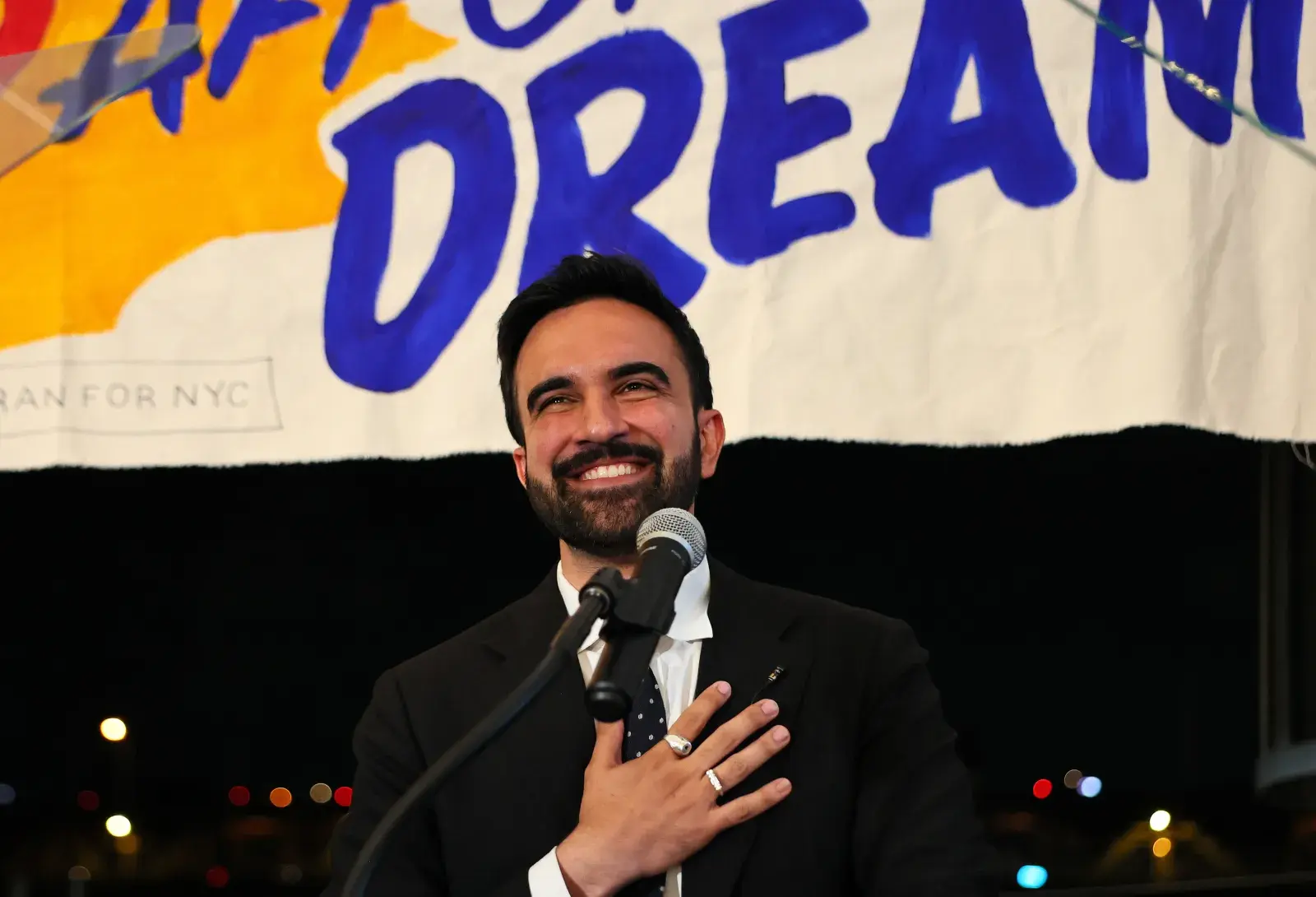The October 7 massacre was not only the deadliest day in modern Jewish history, it opened a new front in a generational war against the West. And as we mark its second anniversary, one lesson sadly stands out: Western democracies once again lack the stomach or will to confront patient, determined adversaries even when we are militarily stronger.
It’s not just Hamas who are betting on this lesson. Russia’s Vladimir Putin is counting on the same Western fatigue in Ukraine and China’s Xi Jinping is watching closely in Taiwan. Two years on from the attacks, October 7 is an opportunity to recognize that authoritarianism is no longer creeping onward but rather marching determinedly.
Everyone understands that Hamas cannot defeat Israel on the battlefield, any more than the Taliban could defeat the U.S. Army. So the strategy is simple: sap political will and public patience through a long, drawn-out conflict.
We have seen this pattern before. Osama bin Laden gloated that America was a “paper tiger” after its pullout from Somalia following the 1993 Black Hawk Down incident. The Taliban had a saying for NATO generals: “You have the watches, we have the time.”
They were right. After 20 years, thousands of coalition deaths, and more than a trillion dollars spent, the Taliban returned to power in Afghanistan almost the moment U.S. troops withdrew. ISIS followed a similar script. The American withdrawal from Iraq in 2011 created the vacuum into which Abu Bakr al-Baghdadi marched, declaring a caliphate and seizing territory the size of Britain.
No one wins when the West withdraws in this manner. In this century alone, we’ve left Afghanistan to the Taliban, Iraq to chaos, and Libya to warlords. Each retreat has been justified as an end to “endless war.” Yet each retreat has simply guaranteed the next war.
Hamas has studied these lessons well. For nearly two decades, it turned Gaza into a subterranean fortress—miles of tunnels beneath hospitals, rockets inside homes and mosques, command centers under schools. It treated the people of Gaza as expendable, confident their suffering would be weaponized against Israel.
And the world has obliged. Human rights groups charge Israel with war crimes for striking an enemy that hides behind civilians. Activists chant that Israel is the genocidal power. European leaders dangle recognition of a Palestinian state as leverage against Jerusalem, as if that will somehow ease Gaza’s humanitarian crisis.
The result is that Hamas has reaped the political windfall of its own callous cowardice. Far from being ostracized, Palestinian leaders are being courted by statesmen even while hostages remain in Gaza—even while Hamas openly vows to repeat October 7 again and again. The moral of the story for every jihadist watching is unmistakable: atrocities are an effective form of offense and human shields are an effective form of defense.
Public impatience with the war in Gaza is understandable. The human toll and the humanitarian crisis is real. But premature calls for a ceasefire or rash recognitions of statehood merely soothe consciences, while signaling to jihadists and authoritarian powers that the West need only be outlasted.
Instead, we need to remember who we are fighting and why. While we desire quick resolutions, they are prepared to fight for generations. While we demand clean morality tales, they thrive in moral murk. While we grow impatient, they bide their time, certain that, eventually, we will grow weary of the losses and turn on ourselves.
Israel understands who it is fighting. The question is: Why doesn’t the West?
October 7 was a calamity for Israel, and the hostages still trapped in Gaza make that reality unbearable. But the lessons of that day belong to all of us. Terrorism endures not because it is strong but because we are weak. Strategic resolve is the only real antidote to terror. Otherwise, the legacy of October 7 will forever be this: The free world is not outmatched by its enemies, only outlasted by them.
Aviva Klompas is the former director of speechwriting at the Israeli Mission to the United Nations and cofounder of Boundless Israel, a nonprofit organization that partners with community leaders in the U.S. to support Israel education and combat hatred of Jews. She is host of the Boundless Insights podcast.
The views expressed in this article are the writer's own.

















